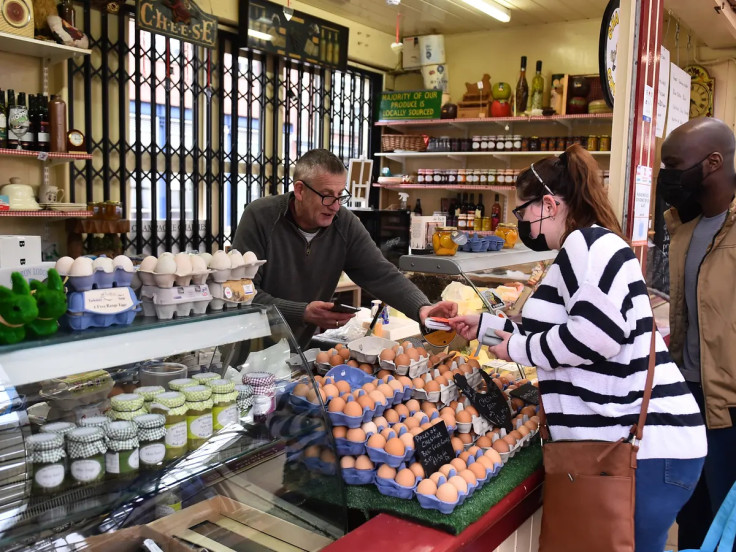UK government admits to no evidence over economic migrants assertions
The UK government admits to having no evidence to back up claims of boat travellers being economic migrants and to throwing away 318 tonnes of subsidised food.

The Home Office has admitted that the UK government cannot substantiate their previous assertions that the majority of the small boats crossing over the border are economic migrants. This news comes days after Rishi Sunak and immigration minister Robert Jenrick had been rebuked by UK statistics for using inaccurate figures about asylum seekers.
In 2021, then Home Secretary Priti Patel told Parliament that "70 per cent of individuals on small boats are single men who are effectively economic migrants" which several human rights groups vehemently opposed as this created a false narrative that those arriving by boat were not genuine asylum seekers.
Migration advocacy officer at charity MSF UK, Sophie McCann shared: "The government has failed to provide any evidence to support claims that the majority of those trying to reach the UK are so-called economic migrants. These kinds of statements are deployed to demonise and dehumanise people seeking safety here, stirring up divisions, with real and dangerous consequences. We know that many people who reach the UK are fleeing war, persecution and other hardships... and lots have survived violence, torture, and trafficking."
Parliament admits to having 318 tonnes of food waste
The UK government has admitted to throwing away 318 tonnes of subsidised food last year, raising concerns about the country's approach to tackling food waste and hunger. The revelation comes at a time when food banks across the country are struggling to meet the needs of those who are facing food insecurity.
The admission by the UK government that it threw away 318 tonnes of subsidised food last year highlights the need for a better approach to tackling food waste and hunger. As the number of people facing food insecurity continues to rise, it is clear that more needs to be done to ensure that surplus food reaches those who need it most. The subsidised food was part of a scheme that aims to support the farming industry by buying up surplus produce and distributing it to charities and other organisations that work with people in need. However, the fact that such a large amount of this food was wasted has led to questions about the effectiveness of the scheme and whether there are better ways to use this produce.
The Trussell Trust, which runs a network of foodbanks across the UK, reported a 47 per cent increase in the number of emergency food parcels distributed between April 2020 and March 2021 compared to the previous year. This increase highlights the growing issue of food insecurity in the UK, with more and more people struggling to put food on the table.
The admission by the UK government has sparked criticism from opposition parties, with Labour's shadow environment secretary, Luke Pollard, stating that the figures were "deeply concerning" and highlighted the need for a better system to ensure that surplus food is not wasted.
Campaigners have described this transgression as "appaling" with food poverty activist Maddy Alexander-Grout saying: "Ordinary families might be struggling put food on the table but those working in Parliament are struggling to fit it all in the bin" and Lindsay Boswell, boss of anti-food waste charity FareShare, stating that: "With one in five worrying about where their next meal is coming from, we don't want to see food being wasted, especially when it is good-to-eat food that could be redistributed to the people who need it."
In 2019, the government launched a £15 million scheme to help redistribute surplus food from supermarkets and food manufacturers to charities and other organisations. However, it is clear that more needs to be done to ensure that surplus food reaches those who need it most.
One potential solution to the problem of food waste is to increase the use of community fridges and other initiatives that aim to redistribute surplus food to those who need it. Community fridges are communal refrigerators that are stocked with surplus food from local businesses and individuals, and anyone can take what they need. The concept has gained traction in recent years, and there are now over 150 community fridges across the UK.
© Copyright IBTimes 2025. All rights reserved.





















